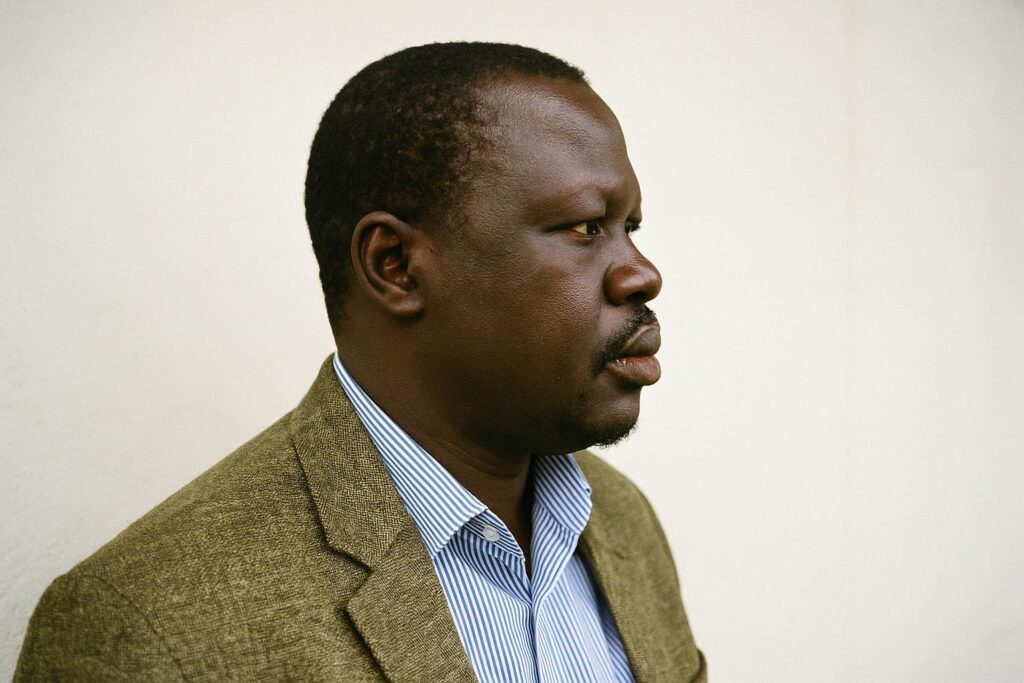Embassies Shuttered, Image at Stake
News that Juba has closed several embassies from Washington to Ottawa has unsettled diplomats and citizens alike. Analysts warn the move limits consular services, dims investment prospects and signals a cash crunch that could erode international confidence.
Foreign ministry officials cite cost-cutting, yet opposition figures brand the closures a symptom of wider fiscal mismanagement. The ministry has not disclosed savings projections, leaving room for speculation over whether the measure is temporary or part of a deeper diplomatic reset.
Tax and Oil Revenues Under Scrutiny
National Revenue Authority commissioner Simon Akuei Deng regularly highlights strong tax inflows. Critics, however, ask why embassies remain unfunded and civil service salaries delayed if collections are robust.
Rumours circulate that a small economic cluster directs oil and tax receipts through informal channels, sidelining the finance minister and central bank governor. Government spokespeople deny any parallel treasury, insisting procedures honour appropriations law.
Everyday Struggle on the Ground
In markets from Wau to Torit, families report skipping meals as food prices soar. Humanitarian agencies estimate that three out of four citizens need assistance, even as elite neighbourhoods in Juba display new villas and imported SUVs.
Leadership Dynamics in Focus
Observers say President Salva Kiir holds the constitutional authority to reorganize economic management if evidence of abuse emerges. Political analyst Abraham Kuol Koryom notes, “Public trust hinges on swift, transparent action that protects revenue for services.”
Possible Paths Ahead
Economists recommend publishing quarterly oil-revenue statements, restoring the auditor-general’s independence, and ring-fencing embassy budgets. International partners, including IGAD and the African Union, say clarity over finances could unlock concessional loans and reassure investors.
For now, the closures stand as both symptom and signal: a cautionary tale of how opaque money flows can ripple into foreign policy and daily life. Whether corrective steps follow will shape South Sudan’s regional standing for years.


